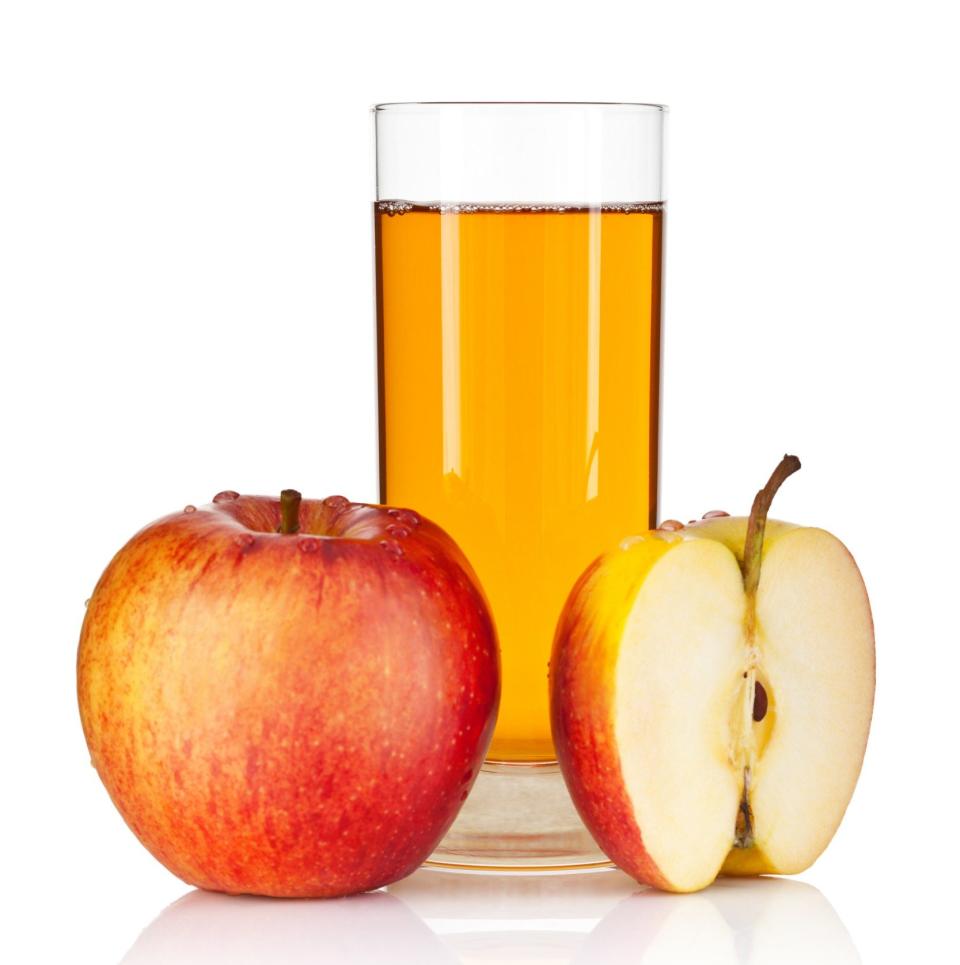Seven hacks for an orange juice shortage

According to reports by Statista, orange juice is by far the most popular fruit juice among Brits, filling six out of every 10 glasses at the breakfast table. In my house, the freshly squeezed juice and grated zest also goes into our overnight oats and is key to my annual batch of homemade marmalade, not to mention the family’s favourite orange polenta cake.
However, record high temperatures in Spain and an outbreak of an incurable “greening disease” in Brazil – the world’s largest producer of oranges – means global stocks of this most versatile of citrus fruits are low and prices are rising fast. So how to ensure we can still get our fix of a sweet-sour flavour booster?
Without wishing to fuel a stockpiling surge, if you have the space available then buying and freezing orange juice now will ensure you have the real deal if shelves run dry. Decant into smaller containers or freeze in the original carton if there’s enough room at the top (2-3cm) for expansion; otherwise, pour out a little to avoid any ruptures.
And open your mind to alternatives: there are many easy ways to swap your morning’s joyful juice or sweet sauce ingredient for something just as delicious if, in the coming weeks, you find your favourite squeeze is in short supply.
In smoothies
Apple juice makes a most reliable, if less zingy, alternative juice for anytime smoothies and will blend well with the usual fruits and veg used in most recipes. You might like to add a squeeze of lemon or lime juice to sharpen the flavour a little or look out for naturally sharp juices such as those made from Bramley or Cox apples such as Watergull Orchards Apple Juice Bramley/Cox (£2.65 for 750ml at Waitrose)

In baking
Freshly grated clementine or lemon zest will make good substitutes for grated orange in most baking recipes. However, you might find candied orange peel works more successfully in richer fruit cakes and Easter bakes and breads, delivering deep orange notes and tangy sweetness.
If you’re a fan of baking zingy orange cakes, recipes using raspberries or majoring in lemon juice will likely hit the right spot. Alternatively, bakes made with yogurt or sour cream, such as this delicious raspberry and yogurt cake by Diana Henry, will also tickle the same receptors as orange juice for both moisture and tang.
In sweet sauces
Sweet and mild fresh clementine juice is readily available in many supermarkets and makes the best alternative to classic orange juice when it comes to dessert sauces. It’s worth testing for sweetness before adding the full quantity of sugar listed in a recipe as you might not need it all. Clementines also work brilliantly as an orange alternative in jellies, jam and marmalade, and makes a wonderful clementine curd.
You’ll also get a satisfying citrusy kick by adding a dash of orange liqueur such as Cointreau, Grand Marnier or triple sec to warm chocolate or caramel sauce or berry compote.
In savoury sauces
Many savoury sauces harness orange juice for its unique blend of sweetness and tang. In recipes such as barbecue sauce this easily can be satisfied by pineapple juice which brings the required sweetness and acidity; for a more full-bodied swap, try using a peach or pear nectar.
For orange-scented glazes to brush over roasting meats, use marmalade as the focus point. Try melting marmalade together with a little brown sugar and Dijon mustard for brushing over a clove-studded gammon during its last half hour in the oven.

In casseroles and stews
Orange juice is often used alongside stock in casseroles for its ability to tenderise and brighten. If you’ve run out, sweet cider will generally make a good substitute for recipes with chicken or pork. However, in a rich or spicy stew such as lamb tagine, the sweet and sharp flavours of pomegranate or cranberry juice will work deliciously well. And while it might sound like a stretch, the natural sweetness and acidity in tomato juice make it a good orange swap in for beefy stews.
In salads, marinades and dressings
While orange juice will bring a bright, zingy flavour to dressings and marinades, other citrus fruits can perform the same role. Lemon, lime and, if you enjoy the bitterness, grapefruit can all be used with brilliant results in vinaigrettes, though you will need to balance the sourness with added honey or maple syrup.
For marinades, the tenderising properties of orange juice can again be achieved using other citrus (the combination of grapefruit and lime is particularly good with seafood) or alternatively cider or white wine vinegar, though note you will want to taste as you go and adjust the quantities for sharpness.
Likewise, if your savoury salad calls for orange segments or slices, enjoy swapping in other citrus fruits, such as in this fabulous recipe for lemony roast chicken with grapefruit salad.
In sangria and other fruity cocktails
With warmer weather just around the corner you may be fearful that your favourite summer cocktails are at risk this year but in most cases pineapple juice will make a terrific substitute for orange.
For a wonderful tequila sunrise, fill a glass with ice and pour in 50ml silver tequila. Next, add 100ml pineapple juice and finish with a generous dash of grenadine.
Sangria will work well with pineapple in place of orange juice but for a further sunshine twist, try swapping the usual Spanish red wine for a bottle of white and the brandy for coconut rum.

 Yahoo News
Yahoo News 
